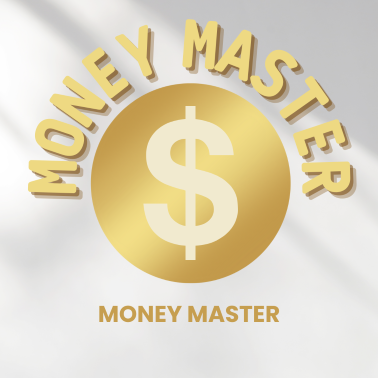 |
| $4 billion may have been misappropriated from state-owned companies in Malaysia |
The investigation revealed indications that funds have been misappropriated and said it was looking into four cases of potential criminal conduct. It said some of the funds had been transferred to Swiss accounts held by former Malaysian public officials and current and former officials from the United Arab Emirates.
The comments represent the most detailed allegations yet of wrongdoing around 1MDB. The fund, set up by Malaysian Prime Minister Najib Razak in 2009 to help strengthen the Southeast Asian country’s economy, also faces a continuing probe by the U.S. Federal Bureau of Investigation and had been the subject of several inquiries in Malaysia.
1MDB had made a statement that no contact has been made by any foreign investigative authority but stood ready to cooperate should the need arise. The Malaysian Prime Minister and United Arab Emirates' representatives couldn't immediately be reached for comment.
Swiss authorities have spent five months investigating unnamed people tied to 1MDB over bribery of public officials, misconduct in public office and money laundering.
Officials worried, however, that Malaysia’s decision this week to halt an investigation into the transfer of $681 million into Mr. Najib’s private bank account after clearing him of wrongdoing could hamper their own probe.
On the back of the decision to halt an investigation into Mr. Najib's private bank account, Malaysian Attorney General Mohamed Apandi Ali said he was ready to cooperate with the Swiss probe. “My office intends to take all possible steps to follow up and collaborate with our Swiss counterparts, and we look forward to receiving the findings of their investigations.”


























